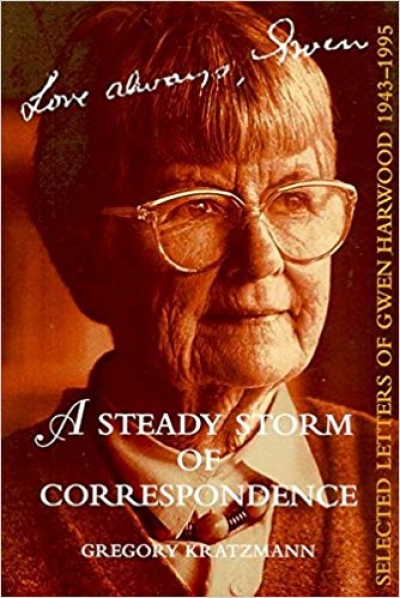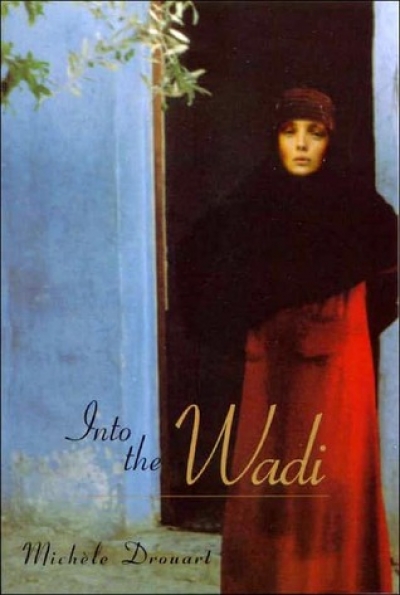Brenda Niall
A Steady Storm of Correspondence: Selected Letters of Gwen Harwood 1943–1995 edited by Gregory Kratzmann
by Brenda Niall •
Pomegranate Season by Carolyn Polizzotto & Till Apples Grow on an Orange Tree by Cassandra Pybus
by Brenda Niall •
Correggio Jones and the Runaways: The Italo-Australian connection by Desmond O’Grady
by Brenda Niall •







